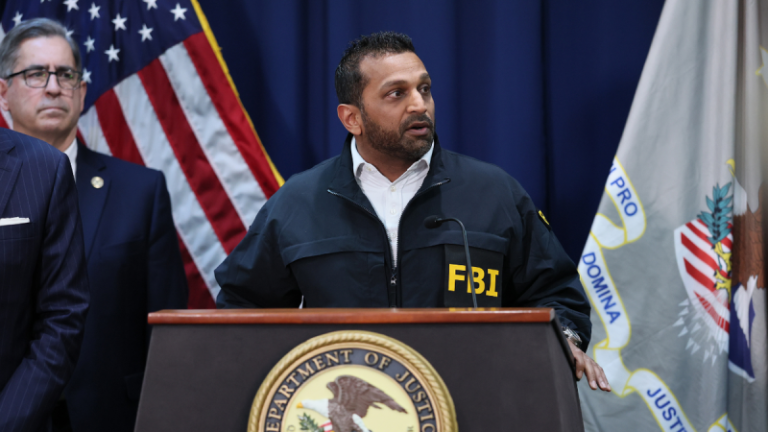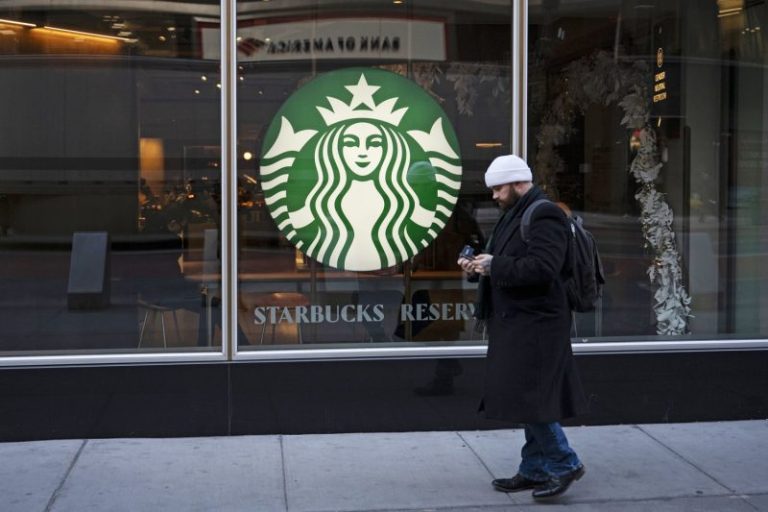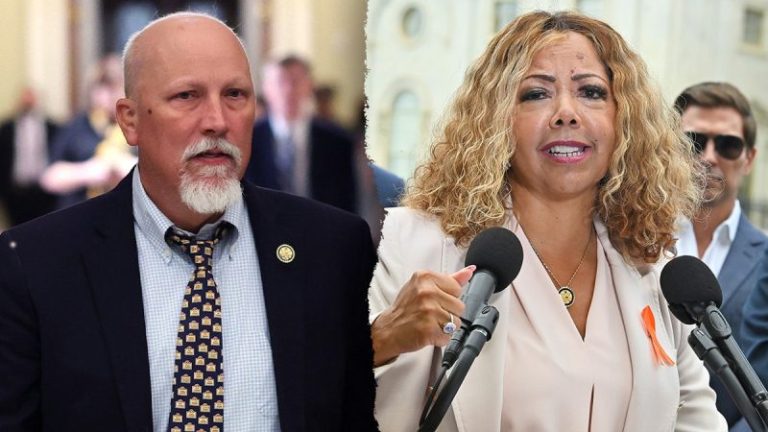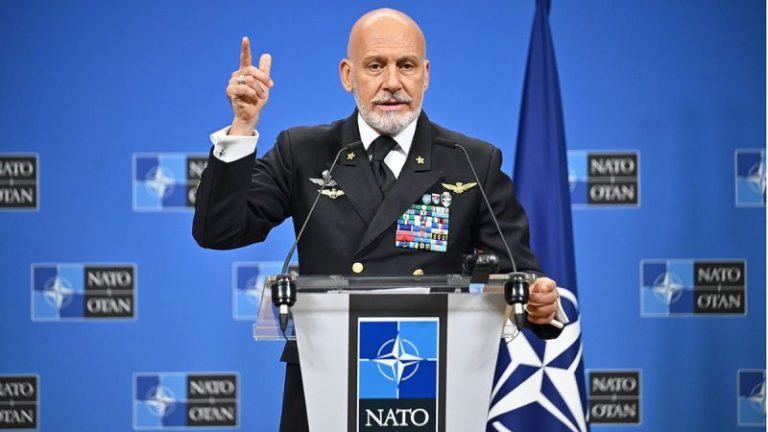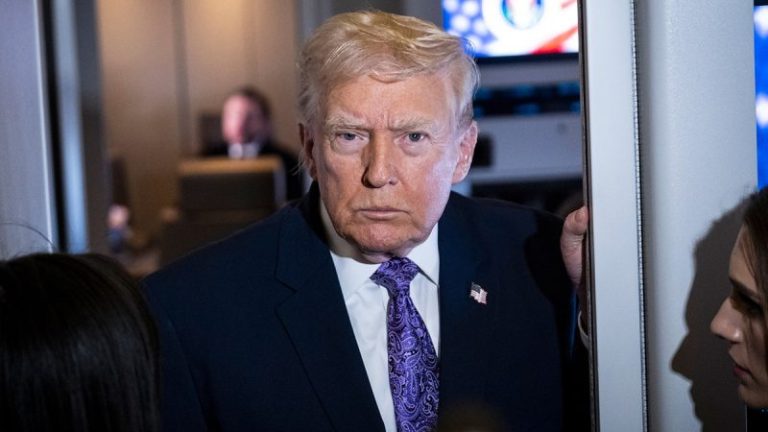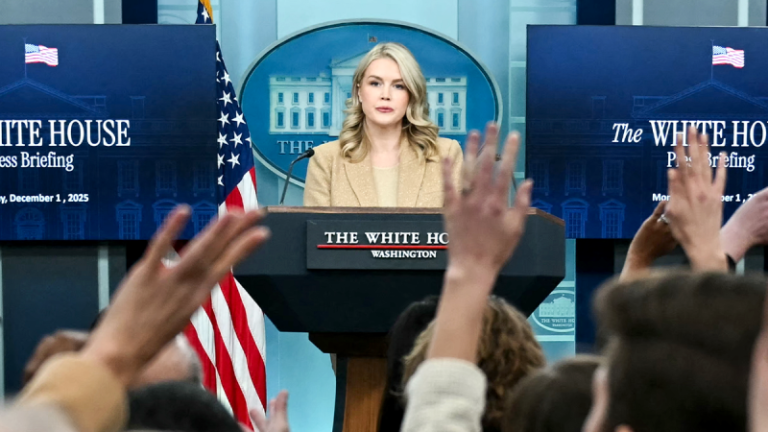The Department of Justice (DOJ) on Friday charged five men from across the U.S. with running an online ‘child exploitation enterprise’ called ‘Greggy’s Cult,’ that allegedly used Discord servers to terrorize, blackmail and coerce minors into ‘horrific acts of self-harm.’
The indictment unsealed by federal prosecutors charges five individuals with ‘conspiracy to produce child pornography, conspiracy to receive and distribute child pornography, and conspiracy to communicate interstate threats.’
Hector Bermudez, 29, of Queens, New York; Zachary Dosch, 26, of Albuquerque, New Mexico; Rumaldo Valdez, 22, of Honolulu, Hawaii; David Brilhante, 28, of San Diego, California; and Camden Rodriguez, 22, of Longmont, Colorado, were arrested Tuesday will be arraigned in the Eastern District of New York at a later date, according to the DOJ.
Prosecutors described a ‘nightmarish platform on the internet,’ alleging that ‘Greggy’s Cult’ carried out ‘depraved conduct’ that included ‘repeatedly encouraging victims to kill themselves or encouraging them to insert household objects into their genitals or anus.’
‘These five defendants allegedly targeted vulnerable children and others via online platforms – they exploited, threatened, and harassed them, and encouraged horrific acts of self-harm,’ FBI director Kash Patel said in a statement. ‘The FBI is sending a message to those individuals involved in criminal activity through violent online networks: you can’t hide in the shadows hovering over a keyboard – we will find and hold accountable those who participate in these illegal and heinous acts.’
The indictment stated that the defendants allegedly engaged in the ‘production and distribution of child sex abuse material’ between January 2020 and January 2021, and also participated in other forms of ‘exploitation and harassment’ of both minors and adults.
According to prosecutors, the defendants and other members of ‘Greggy’s Cult’ met on Discord servers and ‘directed minor victims, who had joined a video call on either Discord or another video conferencing platform, to engage in sexually explicit or other degrading conduct.’
The group is also accused of finding victims on gaming platforms such as Roblox and Counter-Strike: Global Offensive.
The cult members allegedly captured screenshots and screen recordings of the ‘sexually explicit conduct’ before sharing it to other Discord servers and with each other, according to the DOJ.
Attorney General Pam Bondi reacted to the indictment, stating that ‘no child should ever be terrorized or exploited online, and no online platform should give refuge to predators.’
‘The Department of Justice will continue to protect children, support survivors, and hold accountable anyone who preys on the vulnerable – online or offline – with every tool we have,’ Bondi added.
Prosecutors also accused the defendants of extorting their targets, alleging that they tried to frame the adult victims as pedophiles or send malware to minor victims, which was then used as ‘leverage to get the victims to engage in degrading acts on camera.’
The defendants were allegedly able to convince victims to commit acts of ‘degradation,’ including having them be ‘owned’ by a member of the cult to demonstrate loyalty, or writing the names of cult members on their bodies, which prosecutors referred to as ‘fansigning.’
Acting Assistant Attorney General Matthew Galeotti of the DOJ’s Criminal Division said in a statement that the defendants were charged with an ‘unspeakable act of coercing and blackmailing children and adults to engage in self-harm and other degrading acts.’
U.S. Attorney Joseph Nocella Jr. for the Eastern District of New York called the alleged conduct ‘monstrous,’ adding that children were ‘at times driven to the brink of suicide.’
The DOJ stated that ‘Greggy’s Cult’ formed before the emergence of the ‘764’ network, another online child-exploitation group that the FBI has launched an intensified effort to take down.
Members of ‘764’ allegedly use popular online platforms such as Discord, Telegram and Roblox to recruit and manipulate minors.

